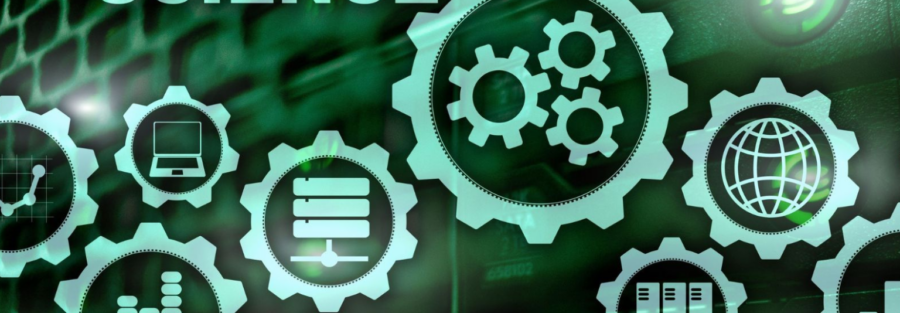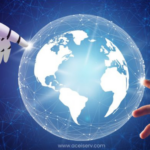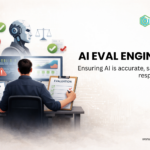- AI & Automation: Elevating the Role of the Data Scientist
Automated Machine Learning (AutoML) continues to streamline model building, feature engineering, and hyper parameter tuning freeing professionals to focus on strategy and business impact Meanwhile, self-driving AI agents, or agentic AI, are starting to handle entire workflows from HR to supply chain collaborating as part of intelligent “agent ecosystems”
- Generative AI & Synthetic Data
Generative models are transforming how we tackle data scarcity and privacy. Synthetic data not only fills gaps but also permits safer experimentation in sensitive domains.
- Explain ability, Ethics & Responsible AI
As AI permeates business-critical functions, transparency and fairness are non-negotiable. Expect growing adoption of Explainable AI (XAI), usage of differential privacy, federated learning, and emerging security techniques like homomorphic encryption to ensure ethical deployment.
- Causal AI & Deeper Insights
Beyond correlation, Causal AI models understand “why” behind outcomes supporting scenario planning, policymaking, and robust adaptations to changing environments.
- Infrastructure: MLOps & IoT at Scale
Effective deployment is just as vital as model creation. MLOps brings DevOps-like rigor CI/CD pipelines, monitoring, governanceto model life cycles.
Simultaneously, the explosion of connected devices is driving real-time analytics at the edge. IoT-generated data fuels tasks such as predictive maintenance, anomaly detection, and smart-city decisions.
- Unstructured Data, NLP, and RAG
With the vast majority of enterprise data being unstructured think text, images, logs Retrieval-Augmented Generation (RAG) methods and vector databases enable rich, contextual retrievals and analyses.
NLP technologies continue advancing, making sense of human language through text generation, summarization, and synthetic data creation.
- Quantum, Biocomputing & Bio convergence
While quantum computing isn’t mainstream yet, it offers promise for accelerating optimization, molecular modeling, and complex pattern discovery in data science. Emerging frontiers such as organoid intelligence computing using brain organoids as biological hardware and bio convergence, which fuses biology and computation for healthcare applications like neuromorphic chips and digital twins, are redefining what’s achievable.
- Human-Centered & Domain-Specific Data Science
Human-centered geospatial data science focuses on subjective human experiences emotion, perception, cognition and ethically designs geospatial technologies that respect privacy and fairness.
Similarly, domain specialists (e.g., healthcare, supply chain, energy) are increasingly valued, as business-specific lenses enhance both insight and relevance.
- Documentation, Knowledge Transfer & Education
As automation reshapes workflows, strong documentation and knowledge management are vital. Generative AI may create draft documentation, but preserving rich context around decisions, assumptions, and trade-offs ensures clarity and smooth collaboration. Data science education is also adapting shifting focus from hands-on coding to guiding, evaluating, and supervising AI-powered outputs. Skills like creative prompt engineering, critical thinking, and AI-augmented problem-solving are becoming core competencies





